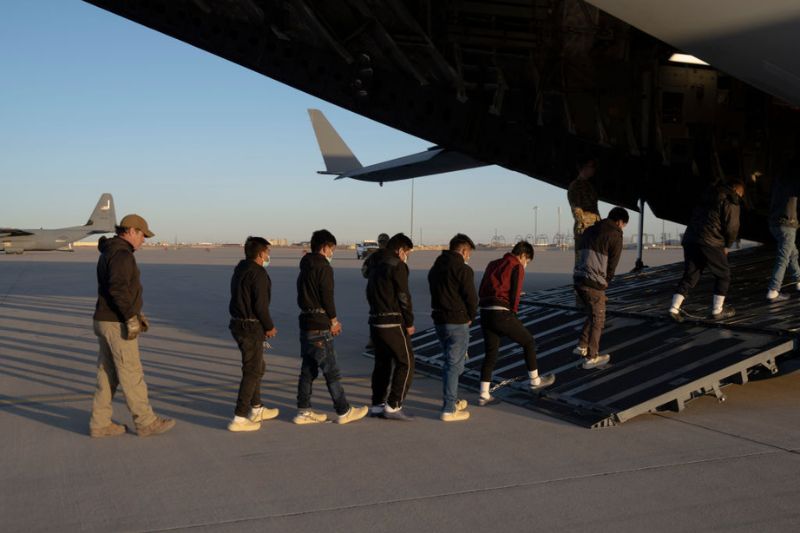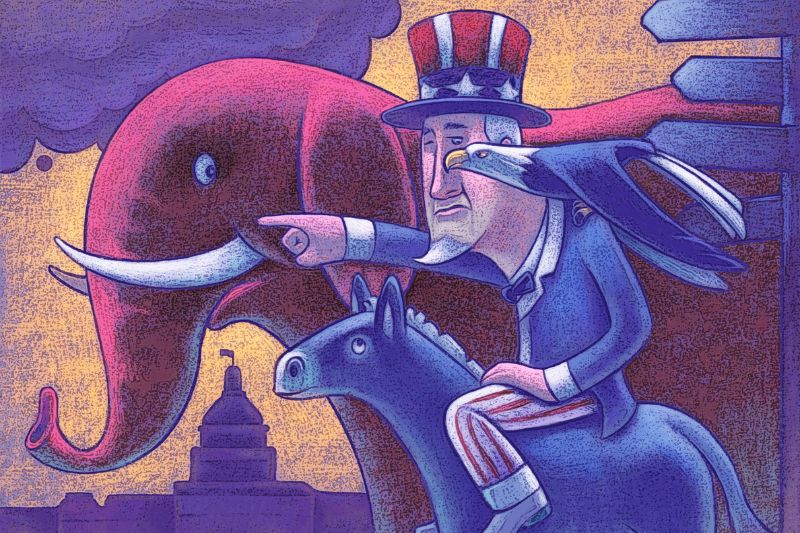Keywords: Social Security
There are more than 24 results, only the first 24 are displayed here.
Become a subscriber for more search results.
-

INTERNATIONAL
- Andrew Hamilton
- 19 February 2025
The shockwaves of the Hamas attack on Israel and the Israeli military’s response in Gaza have ignited protests, inflamed divisions, and prompted a reckoning with rising antisemitism. As hostilities pause, how should societies distinguish between legitimate criticism and rhetoric that fuels hate?
READ MORE
-

AUSTRALIA
- Binoy Kampmark
- 04 February 2025
Smartphones dictate access to commerce, communication, and even education, and face-to-face transactions have all but disappeared. Have we willingly surrendered choice for convenience? As digital payments become the norm, are those choosing to live without a smartphone excluded from modern society?
READ MORE
-

INTERNATIONAL
- Andrew Hamilton
- 30 January 2025
The United States' recent shift in immigration policy towards exclusions and deportations is a modern moral reckoning. It underscores the tension between a society’s right to regulate its borders and its responsibility to uphold the dignity of those who already call it home.
READ MORE
-

INTERNATIONAL
- Peter Craven
- 24 January 2025
In a second presidency begun with a spate of brash decrees — annexing Greenland, scrapping birthright citizenship — and forging odd alliances with billionaires, Donald Trump is already defying expectations. How did we reach this unsettling moment, and can America endure it?
READ MORE 
-

AUSTRALIA
- Andrew Hamilton
- 23 January 2025
Australia's national day remains a divisive symbol, rooted in colonial history. As the country grapples with issues of war, inequality, and climate change, the call for a more inclusive, meaningful celebration grows. How can a national day honour both the complexity of our history and the dignity of all Australians?
READ MORE
-

ARTS AND CULTURE
- Danielle Terceiro
- 12 December 2024
Navalny’s memoir Patriot was released last month. Written in prison, it is a testament to Navalny’s deliberate practice of a forward-looking hope for the future, even though he was certain that he would not outlive his sentences. Surprisingly, the book is full of humour.
READ MORE
-

INTERNATIONAL
- Damian Spruce
- 10 December 2024
At COP29, the world’s wealthiest nations promised to confront climate change—but delivered only a fraction of the required funds, leaving developing countries with a trillion-dollar shortfall. As Pope Francis warns of a sick planet, the question remains: Who pays for the climate crisis, and who bears the consequences?
READ MORE
-

AUSTRALIA
- Binoy Kampmark
- 04 December 2024
In a move that’s been both lauded as necessary and criticized as overreaching, Australia has enacted legislation banning social media for users under 16, placing enforcement squarely on Big Tech. But behind the legislation lies a contentious debate: does prohibition protect, or does it merely shift the harm?
READ MORE
-

AUSTRALIA
- Kevin Bell
- 29 November 2024
2 Comments
With unaffordable housing pushing families into impossible choices, homelessness affecting 120,000 people, and systemic inequities deepening, we must ask: What kind of society do we want to build — and for whom?
READ MORE 
-

ENVIRONMENT
- Phil Jones
- 28 November 2024
1 Comment
Infinite economic growth on a finite planet is a paradox we can no longer ignore. As environmental crises deepen, solutions like the Steady State Economy offer a roadmap to balance sustainability and prosperity. Yet, transitioning from growth-centric systems raises hard questions: Can we create an economy that values life over profit?
READ MORE
-

AUSTRALIA
- Andrew Hamilton
- 25 November 2024
4 Comments
Social Inclusion Week invites reflection on our shared humanity amidst deep divides. From childhood cliques to culture wars, the tension between inclusion and exclusion is a paradox rooted in belonging. Can we overcome fear and forge connections across difference, or will anxiety keep us apart? The answer shapes our society’s future.
READ MORE
-

INTERNATIONAL
- Andrew Hamilton
- 21 November 2024
5 Comments
As Australia watches the U.S. navigate its Trump-era transition, we wait in uncertainty. Any interregnum period is a time for rethinking, for wondering about our own nation, and not just for focusing on another. It is a time to rethink what we have taken granted about what is for the good of Australian society.
READ MORE